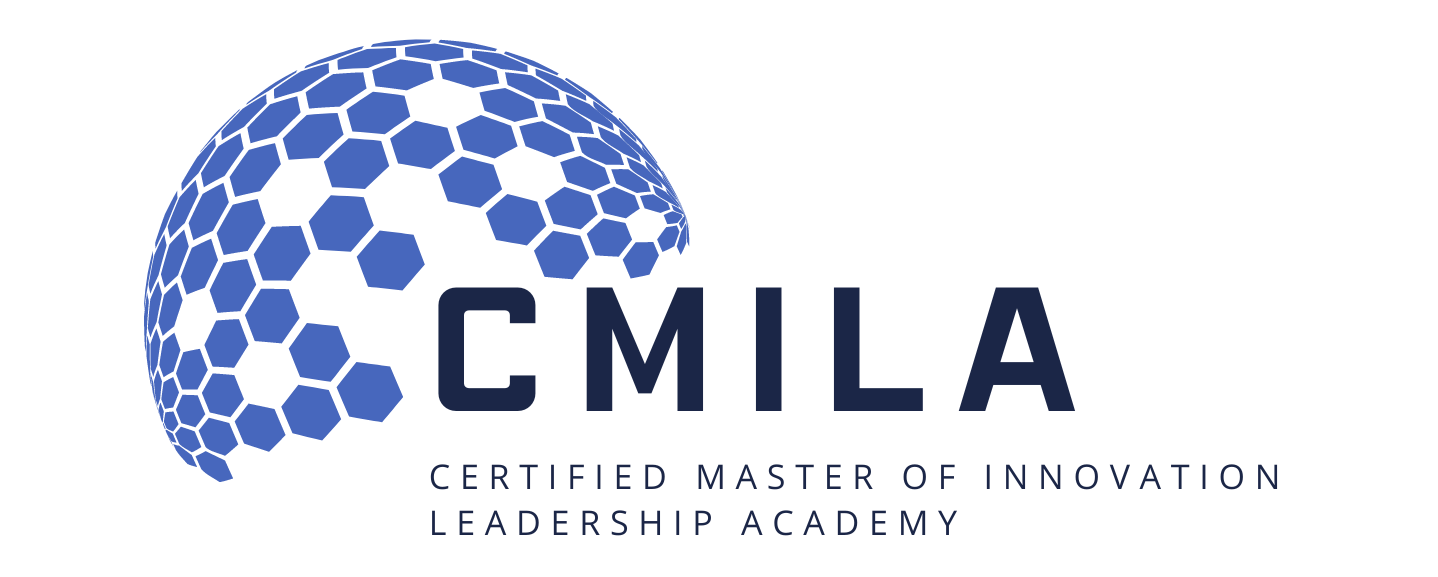Certified Innovation Strategy Executive (CISE)
Enhance your strategic leadership skills with the Certified Innovation Strategy Executive (CISE) Certification Course by Tonex. This comprehensive program is designed to empower executives with the knowledge and tools needed to drive innovation within their organizations. Explore cutting-edge strategies, methodologies, and best practices to position your company at the forefront of industry evolution.
Learning Objectives:
- Develop a deep understanding of innovation principles.
- Implement effective strategies for fostering a culture of innovation.
- Acquire skills to identify and capitalize on emerging market trends.
- Master the art of managing innovation portfolios for sustainable growth.
- Learn to leverage technology and digital transformation for innovation.
- Gain insights into measuring and evaluating the impact of innovation initiatives.
Audience: Executives, senior managers, and professionals responsible for shaping and executing innovation strategies within their organizations.
Course Outline:
Module 1: Foundations of Innovation Strategy
- Introduction to Innovation Principles
- The Role of Innovation in Organizational Success
- Historical Perspectives on Innovation
- Key Theories Shaping Innovation Strategy
- Understanding Disruptive Innovation
- Ethical Considerations in Innovation
Module 2: Cultivating a Culture of Innovation
- Strategies for Fostering an Innovative Mindset
- Building an Organizational Culture that Encourages Creativity
- Leadership’s Role in Nurturing Innovation
- Encouraging Cross-functional Collaboration
- Overcoming Barriers to Innovation
- Establishing Innovation Champions within Teams
Module 3: Market Trend Analysis and Forecasting
- Techniques for Identifying Emerging Market Trends
- Analyzing Market Dynamics and Consumer Behavior
- Competitive Landscape Analysis
- Forecasting Methods for Market Trends
- Adapting to Rapid Changes in the Business Environment
- Integrating Customer Feedback into Market Analysis
Module 4: Managing Innovation Portfolios
- Portfolio Management Principles for Innovation Projects
- Prioritizing and Selecting Innovation Initiatives
- Balancing Risk and Reward in Innovation Portfolios
- Resource Allocation Strategies
- Measuring and Managing Portfolio Performance
- Iterative Portfolio Review and Adjustment
Module 5: Technology and Digital Transformation for Innovation
- Integrating Technology into Innovation Processes
- Harnessing the Power of Artificial Intelligence in Innovation
- Digital Transformation Strategies for Innovation
- Cybersecurity Considerations in Innovation
- Building a Tech-Savvy Workforce for Innovation
- Leveraging Emerging Technologies for Competitive Advantage
Module 6: Measuring and Evaluating Innovation Impact
- Key Performance Indicators (KPIs) for Assessing Innovation Success
- Establishing Metrics for Innovation Impact
- Evaluating the Financial Impact of Innovation Initiatives
- Qualitative and Quantitative Assessment Methods
- Communicating Innovation Impact to Stakeholders
- Continuous Improvement in Innovation Measurement Techniques
Overview of the Certification Process:
- Familiarize yourself with the prerequisites, if any, for taking the exam.
- Review the certification roadmap to understand the different levels of certification offered (e.g., Foundation, Advanced, Expert) and the requirements for each level.
- Identify the benefits of obtaining the certification for your career and professional development.
Details of the Exam:
Format: Multiple-choice, scenario-based, practical exercises
Content Areas: Review the exam blueprint or syllabus to identify the specific topics and knowledge areas covered in the exam. This will help you focus your study efforts on the most relevant content.
Passing Score: Understand the minimum passing score required to achieve certification and aim to exceed this threshold during your preparation.
Study Resources: Identify recommended study resources, such as certification manual, study guides and practice exams, to help you prepare effectively for the exam.
Exam Sample Questions:
- Practice with sample questions to familiarize yourself with the exam format and assess your readiness.
- Analyze each question carefully, paying attention to key details and any clues provided in the question stem or answer choices.
- Practice time management by setting aside dedicated study sessions to complete sample questions within the allotted time frame.
- Review your answers and explanations for correct and incorrect responses to identify areas for improvement and further study.
